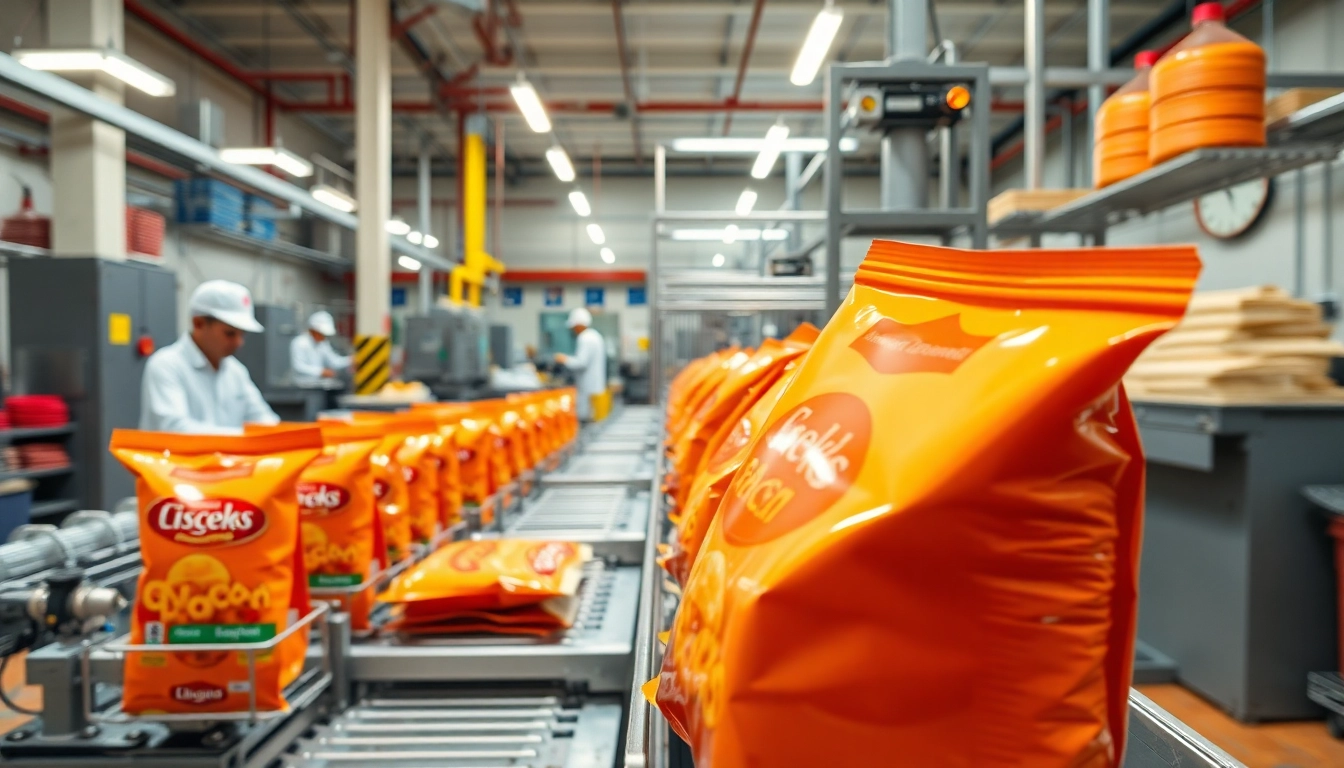Introduction to the Fiji Water Recall
In recent months, one of the most popular bottled water brands, Fiji Water, faced scrutiny due to a significant recall. On May 23, 2024, the U.S. Food and Drug Administration (FDA) announced the recall of 78,533 cases, which equates to approximately 1.9 million bottles of Fiji Natural Artesian Water. As consumers became increasingly aware of health and safety, the ramifications of such a recall stirred concerns. This incident has led to widespread discussions surrounding bottled water safety, especially involving the fiji water bottles recalled due to contamination. Understanding the reasons behind this recall is paramount for consumers who rely on bottled water as a primary source of hydration.
Overview of the Recall Incident
The recall was classified as a Class III recall by the FDA, indicating that the products involved are not likely to cause adverse health consequences but pose a risk nonetheless. The announcement indicated that the affected water was primarily sold online through platforms like Amazon. The recall has raised alarms about the quality and safety of bottled water, reigniting discussions about consumer health, product safety regulations, and corporate accountability.
Reasons Behind the Recall
Fiji Water issued the recall following findings that some batches of the water exhibited elevated levels of manganese and bacteria. Manganese is a trace mineral that, while necessary in small amounts, can become harmful in higher concentrations. The presence of bacteria coupled with these elevated levels prompted the company to act swiftly in recalling the affected products. This action not only highlights the importance of quality assurance in bottled water but also reflects growing concerns among consumers regarding what they consume.
Details on the Affected Water Bottles
The recall specifically targeted Fiji Natural Artesian Water in the 500 mL bottle size. Each recalled case contained 24 bottles, leading to thousands of cases being ordered back. Consumers who purchased these bottles were urged to check for recalls and avoid consumption. The thoroughness of the recall included instructions on how to identify if bottles were part of the affected batch, emphasizing the company’s commitment to consumer safety.
Health Risks Associated with Contaminated Water
Understanding the potential health risks associated with contaminated water is critical for any consumer. Contaminants in bottled water can lead to serious health implications over both short and long-term exposure.
Understanding Manganese and Its Effects
Manganese is a naturally occurring mineral, essential for human health in minimal amounts. It plays a role in numerous bodily functions, including metabolism, bone formation, and immune system response. However, elevated levels can result in manganese accumulation in the body, leading to neurological issues and other health problems. Prolonged exposure to high levels may result in symptoms resembling Parkinson’s disease, often referred to as “manganism.” This underscores the need for careful monitoring of manganese levels in consumable water products.
Potential Bacterial Risks
The recall also included concerns over bacterial contamination. Certain bacteria can pose significant health risks, particularly for vulnerable populations such as young children, the elderly, and individuals with compromised immune systems. Common bacterial threats in water include Escherichia coli (E. coli) and Salmonella, both of which can cause gastrointestinal illnesses and other severe health risks. Understanding these risks equips consumers with the knowledge needed to assess the safety of their bottled water choices.
What Consumers Should Look Out For
Consumers should remain vigilant by examining labels and manufacturing codes on bottled water. The recall notice provided explicit information regarding the specific batches affected, enabling consumers to verify the safety of their purchases. Furthermore, individuals should consider their overall hydration strategies and explore alternative sources of hydration, especially in light of recent events.
Steps for Consumers Post-Recall
In the wake of this recall, consumers may feel uncertain about how to handle their purchases and ensure their health is protected. Here are clear steps to follow in the aftermath of the Fiji Water recall.
How to Verify if Your Bottles Are Affected
To determine if your Fiji Water bottles are affected, first check for the recall notices posted on reliable news and health websites. Consumers should locate the production codes printed on the bottle or its packaging. The recall has specified the cases affected; comparing your code against those listed is crucial. If you’re unsure, err on the side of caution and avoid consuming those bottles until verification is complete.
Guidelines for Safe Consumption
If you own Fiji Water bottles, it’s essential to follow safe consumption practices post-recall. If your bottles are not part of the recall, continue to monitor for any further updates from reliable sources, such as the FDA. It’s also beneficial to maintain knowledge of water filtration methods at home, emphasizing the importance of ensuring clean and safe water for you and your family.
Recommendations for Disposing of Affected Bottles
For bottles identified as part of the recall, dispose of them according to local regulations regarding hazardous waste. Many local authorities provide guidance on how to properly dispose of recalled products. Always ensure that the bottles are outside of reach of children or pets to avoid accidental consumption. Contact the manufacturer or point of sale for more directions on potential exchanges or refunds.
Fiji Water’s Response to the Recall
The company’s actions following the recall reflect its commitment to consumer safety and quality assurance. Effective communication and transparency are critical during a recall to maintain consumer trust.
Company Actions and Transparency
Fiji Water’s immediate response included a public announcement regarding the recall and the reason for such actions. Similar recalls by other companies have been mismanaged due to poor communication, leading to consumer distrust. Fiji Water established open channels for consumers to report concerns and seek information, fostering an environment of accountability and transparency. The proactive approach distinguishes a responsible company and mitigates the potential fallout of such incidents.
Future Safety Measures Implemented
In light of this recall, Fiji Water announced a series of enhanced safety measures to prevent similar occurrences. These measures may include more rigorous testing protocols for water quality, increased transparency in supply chain processes, and investment in better filtration technology. Implementing these precautionary measures not only aims to ensure product safety but also enhances consumer trust in Fiji Water’s brand integrity.
Public Relations Strategies Post-Recall
Managing public perception post-recall involves strategic public relations efforts. Fiji Water’s response included media outreach to offer clarity and reassurance, as well as community engagement initiatives to reaffirm its dedication to health and safety. By emphasizing its consumer-first approach, Fiji Water aims to restore confidence in its products while addressing any lingering concerns in the minds of consumers.
FAQs About the Fiji Water Recall
Which Fiji Water Bottles Are Recalled?
The specific batches of Fiji Water under recall are the 500 mL bottles of Fiji Natural Artesian Water, with a total of around 78,533 cases affected. Each case contained 24 bottles, primarily distributed through major online retailers. Consumers should refer to official recall postings or the FDA website for the most accurate information regarding affected batches.
Are Fiji Water Bottles Safe to Drink Now?
As many bottles may still be safe, it’s essential to check the annotation on the bottles or packaging against the recall lists provided by health authorities. If your bottle isn’t on the list of recalled products, it’s likely still safe to consume, though staying updated on any further notifications is advised.
What Should I Do If I Have Recalled Bottles?
If you possess recalled Fiji Water bottles, the appropriate course of action is to stop using them immediately. Dispose of them following local regulations, and seek guidance from the retailer or Fiji Water regarding refunds or exchanges. Ensure to check product codes for potential recalls in the future continuously.



